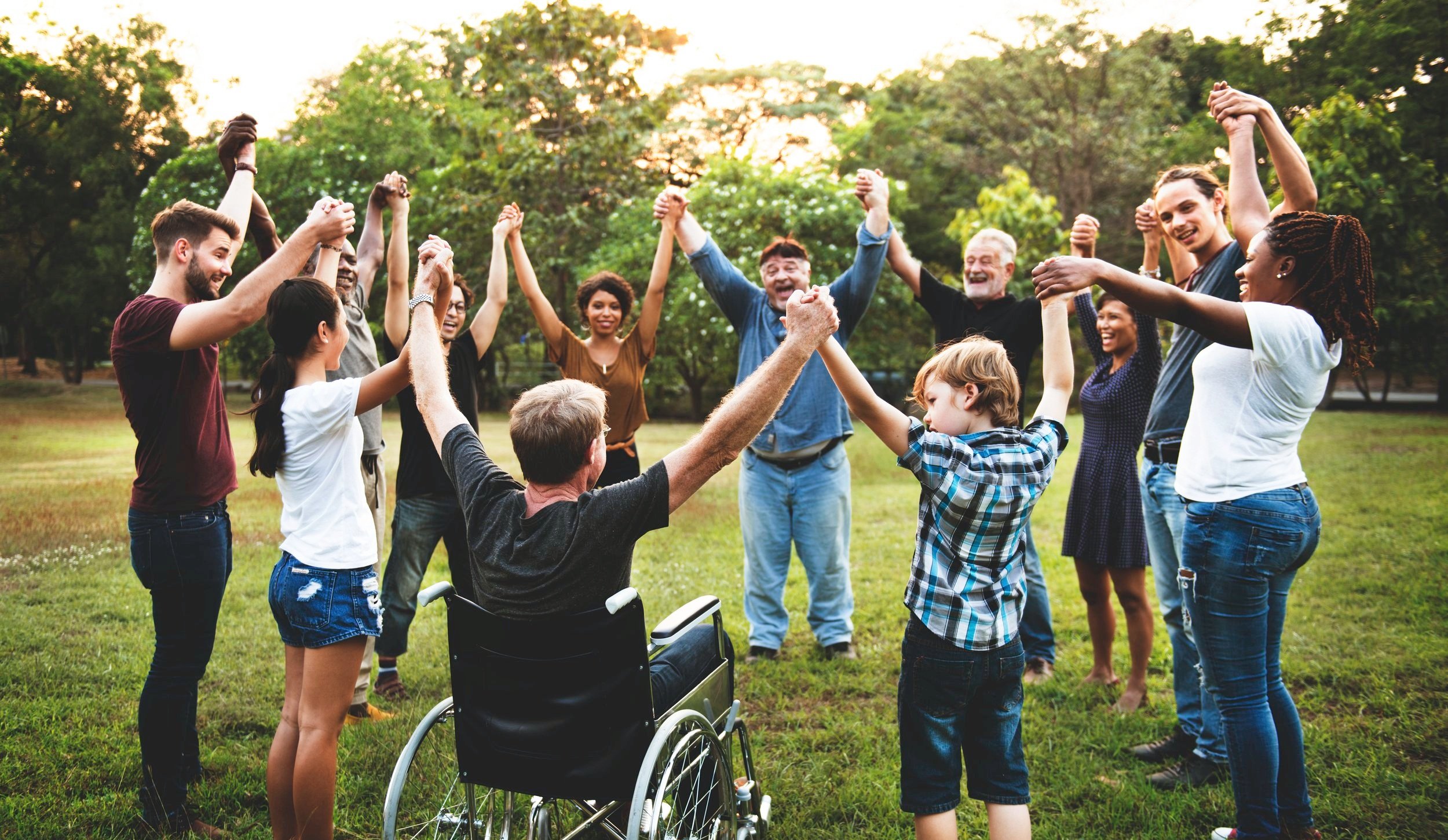The question of whether strong people emerge from strong families—a notion deeply ingrained in societal discourse—merits a profound examination through the lens of Bahá’í teachings. The intersection of personal strength and familial influence presents an intriguing dichotomy that provokes not just speculation but a necessary reevaluation of the origins of resilience and character development.
At the outset, it is indispensable to define what constitutes a “strong family.” Typically characterized by stability, emotional support, effective communication, mutual respect, and shared values, strong families foster environments conducive to personal growth. Within such structured settings, children are often endowed with the tools needed to navigate life’s adversities. Yet, is this the sole breeding ground for strength, or are there other influential factors at play?
The Bahá’í Faith posits that human beings are inherently noble, possessing the potential for greatness. This conception of human nature invariably suggests that attributes such as strength, perseverance, and resilience are not solely cultivated within familial confines. Instead, they can emerge from various life experiences—be they trials, social interactions, or spiritual enlightenment. This perspective invites us to consider external influences that sculpt individual character apart from familial dynamics.
Delving deeper, one finds that the Bahá’í teachings emphasize the importance of the individual’s relationship with the Divine. A spiritual framework can act as a foundation from which personal strength may spring forth. Drawing upon one’s faith can be an unparalleled source of resilience, fostering a profound sense of purpose and identity that transcends familial legacies. As individuals navigate hardships, their spiritual beliefs often crystallize into steadfastness, enabling them to emerge fortified from life’s challenges, irrespective of their familial background.
Furthermore, the social environments in which individuals find themselves play pivotal roles in shaping their resilience. Engagement with community institutions, educational settings, and peer groups can significantly influence a person’s ability to cultivate strength. The Bahá’í teachings encourage active participation in the community, promoting the notion that collective efforts and shared experiences contribute to the fortification of individuals. This communal aspect supplements family structures, illustrating that strong people can indeed emerge from a tapestry of social interactions woven throughout their lives.
Moreover, the principles of unity and diversity espoused in Bahá’í teachings elucidate how strength often burgeons in environments that celebrate differences. Exposure to a multitude of perspectives in various settings can foster empathy, adaptability, and cognitive flexibility—traits invariably linked to personal strength. In a diverse world, individuals who learn to navigate varied viewpoints are often better equipped to handle conflicts and challenges, thus reinforcing their resilience.
Nonetheless, while familial influence undoubtedly shapes character, it is essential to acknowledge the dynamic interplay between nature and nurture. The Bahá’í Faith posits that each person has an inherent potential, but this potential can be either suppressed or nurtured by one’s environment. Therefore, the role of strong families cannot be entirely dismissed; rather, it must be placed in a broader context where community, spirituality, and personal accountability converge.
Indeed, the individual’s response to their upbringing sets the stage for their personal strength. Resilience is not merely inherited; it is cultivated through choices, mindset, and the recasting of adversity as a catalyst for growth. Within the Bahá’í framework, the concept of “testing” is prevalent, where challenges are viewed not as obstacles but as opportunities for spiritual and personal development. Consequently, individuals endowed with a strong will and adaptability can emerge as strong figures, frequently in spite of familial challenges.
Moreover, consider the psychological and emotional realms influencing strength. The teachings of the Bahá’í Faith point towards the cultivation of virtues as a pathway to personal empowerment. By developing qualities such as patience, humility, and courage, individuals actively participate in their personal growth. This self-reflective journey fosters intrinsic strength, showcasing that fortitude can sprout from conscious and deliberate efforts to enhance one’s character.
Ultimately, as one contemplates the source of strength, it becomes clear that the familial foundation is but one piece of a much larger puzzle. Individuals can uncover strength from myriad sources; the community, spirituality, personal experiences, and intrinsic values all converge to shape resilient individuals. To assert that strong people solely arise from strong families is to overlook the complexity of human development.
In conclusion, the exploration of personal strength through the lens of Bahá’í teachings reveals a nuanced understanding of resilience. While strong families lay a vital groundwork for development, they do not singularly dictate the emergence of strength. Individuals possess the potential to transcend their familial backgrounds through spiritual connection, community engagement, and personal determination. In this light, the question “Do strong people come from strong families?” may more aptly be reformulated to consider the multitude of influences—both internal and external—contributing to personal fortitude. Thus, we are invited to expand our horizons and reexamine the intricate tapestry of factors that contribute to the making of a strong individual.
